
Polarized Training Pathway
In collaboration with Dr. Stephen Seiler, the “father of polarized training,” we have curated everything you need to know about the 80/20 training method.

Cycling training is a science and an art. How endurance athletes train, when they train, and the intensity and duration of that training all affect the gains and adaptations they see.
Proper interval execution is essential to see the expected progress. How you analyze and interpret all that data is equally valuable. Of course, training needs to be planned so it fits into any given season, race schedule, and lifestyle. Off the bike, the importance of strength and conditioning is often neglected.
This is training. This process is what athletes live for.

In collaboration with Dr. Stephen Seiler, the “father of polarized training,” we have curated everything you need to know about the 80/20 training method.
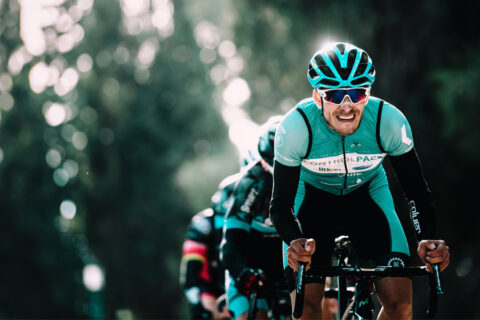
Interval workouts are a fundamental part of any endurance training program. Learn exactly what intervals are, why they are so important, and how to properly execute interval workouts with the help of Sebastian Weber, Neal Henderson, and Dr. Stephen Seiler.
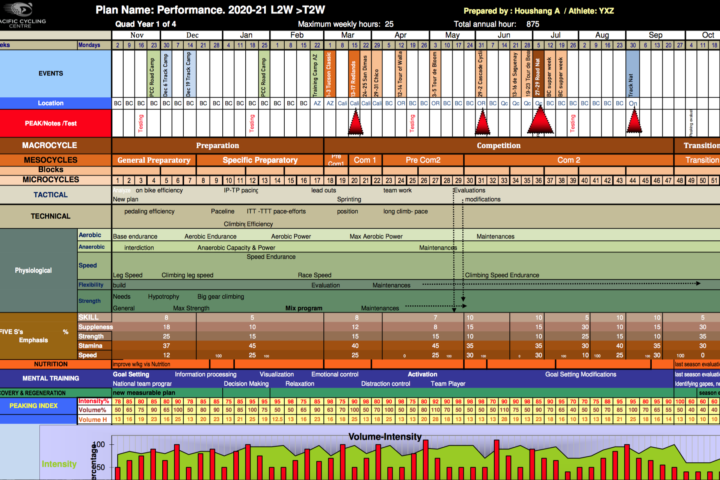
We review the art and science of developing and maintaining an annual training plan, which helps athletes progress and perform at their best.
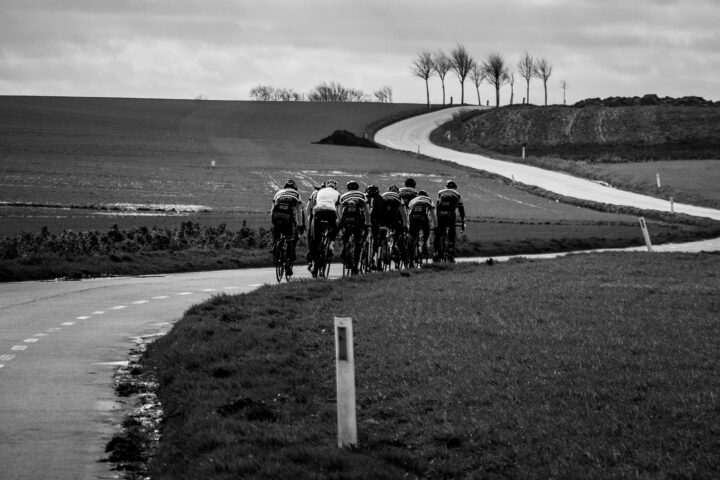
It’s hard to find time to fit in the long, slow miles that traditionally comprise the base season. Coach Trevor Connor offers suggestions for improving life-training balance, understanding quality versus quantity, and more.
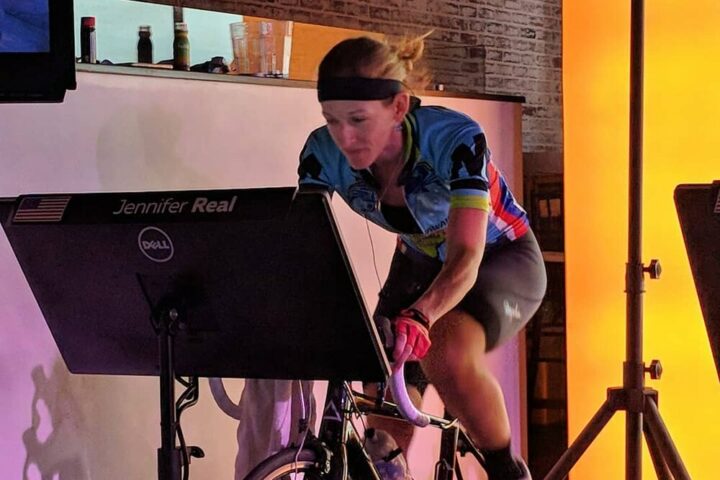
Medical doctor and elite Zwift team manager Jennifer Real talks with us about indoor training and racing, and how to achieve effective recovery including monitoring sleep and taking Vitamin D.
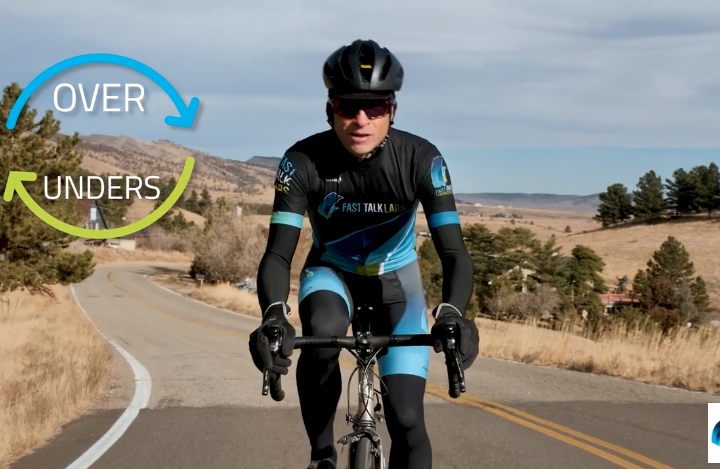
Chris Case explains a simple way to do over-under cycling interval workouts.

Multiple-time Polka Dot Jersey Holder, Toms Skujins, discusses lactate testing, CGMs, ketone strips, and taking his own blood on the side of the road.
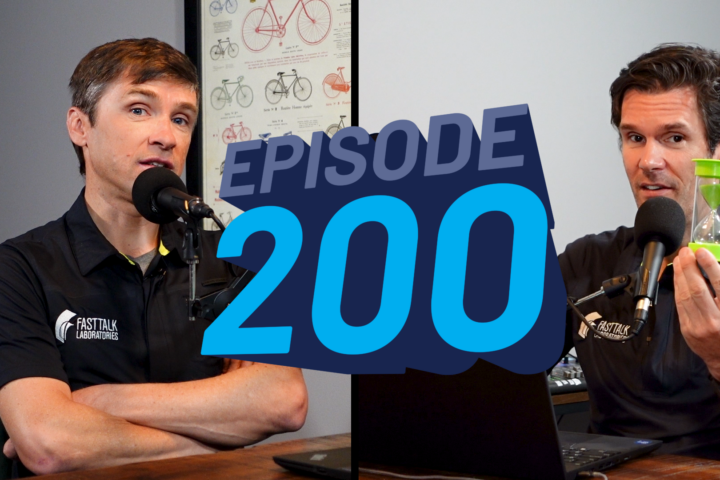
What will the future of endurance sports look like? From training to research to racing, we examine what is to come.
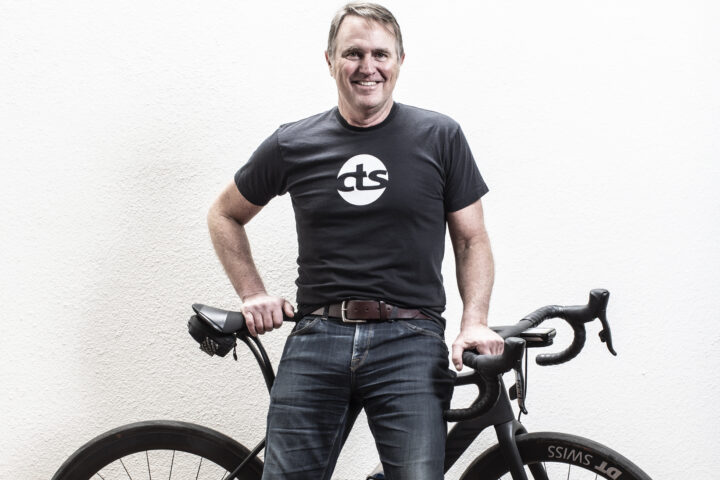
The author of The Time-Crunched Cyclist joins Fast Talk to discuss the science, merits, and limitations of the time-crunched training method.
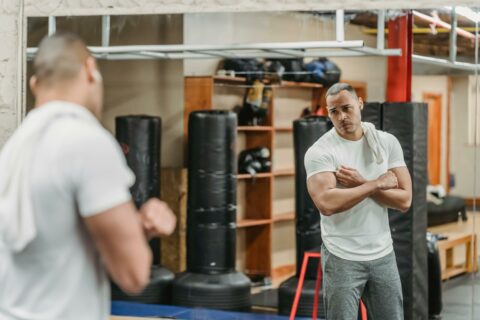
We’re joined by coach and athlete Julie Young who helps us field questions on how to build an annual training plan, coping with race stress, and overcoming body image issues.
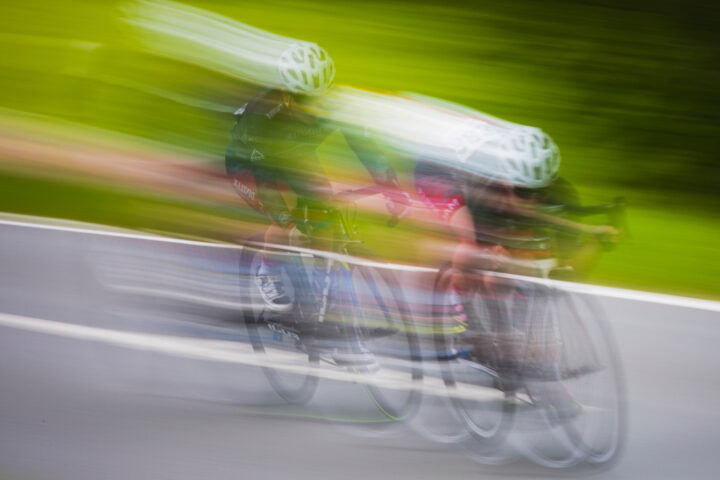
Knowing how a race or workout feels—aka RPE—is an extremely important sense for endurance athletes. With the help of top cycling coaches, athletes, and researchers, we explore why RPE may be more important than power, heart rate, and other metrics.
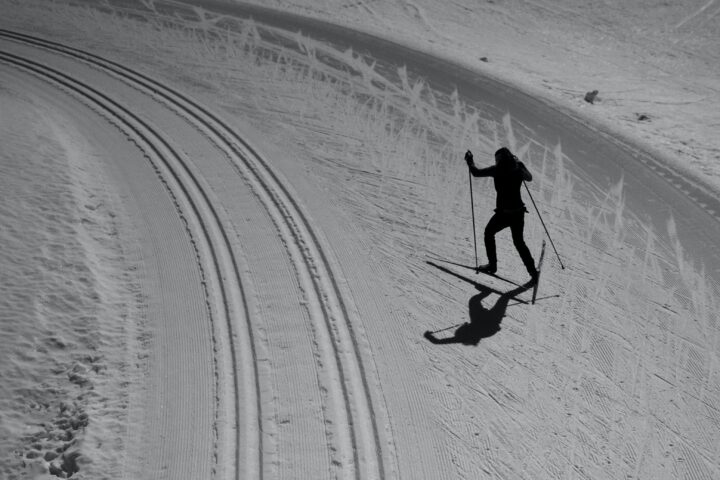
Dr. Stephen Seiler helps us explore the similarities and differences in physiology and training methodologies in running, cycling, cross-country skiing, and rowing.
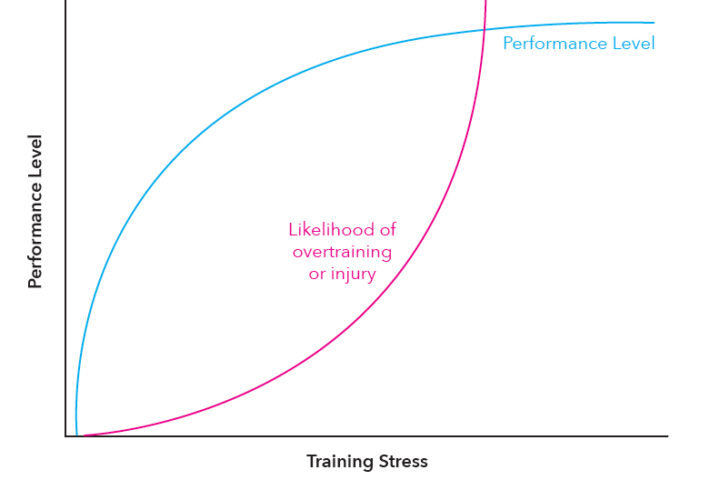
Eighty percent of what you need to know about endurance training can be illustrated by a simple graph. Coach Connor and his mentor Glenn Swan explore this simple concept.
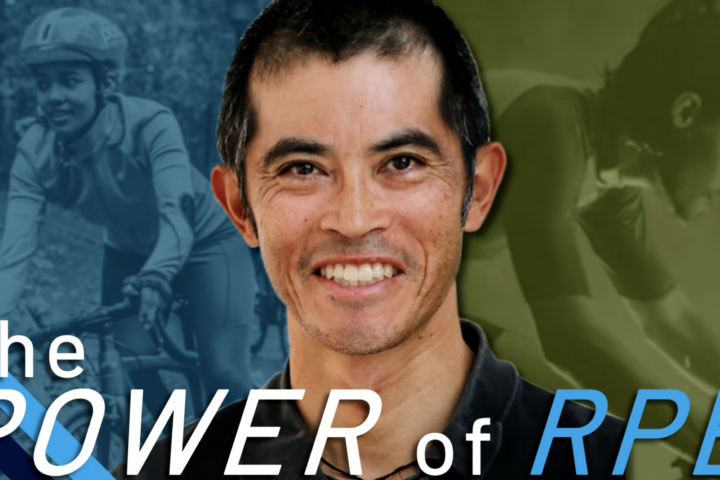
The RPE scale is often overlooked in a world of power meters and heart-rate straps. Dr. Stephen Cheung explains how and why you can use RPE to improve your training, even if you collect data.
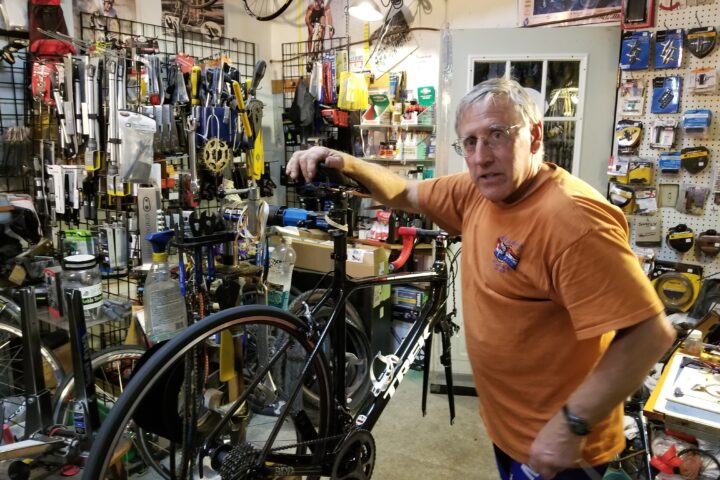
Mentors help athletes by providing guidance, teaching a philosophy, and serving as a confidante. Do you need a mentor to reach your full potential?

Coach Connor busts several myths as he discusses the good, the bad, and the ugly of CTL.

Nerd Lab! In this episode, Mr. Pickels nerds out with Coach Trevor Connor for a deep dive into new scientific research findings.
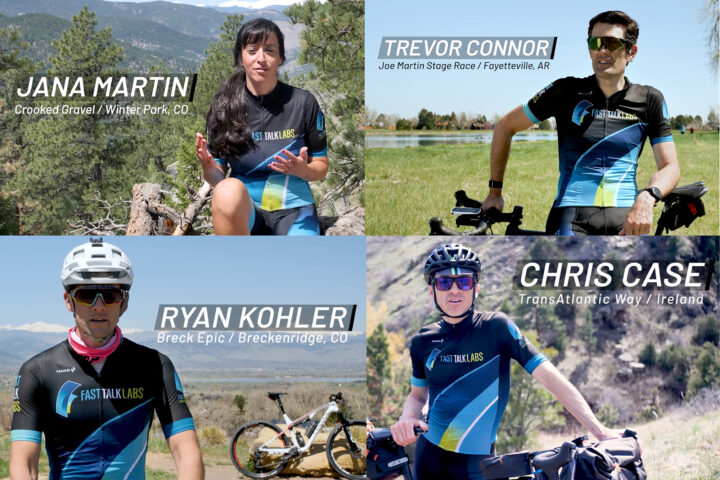
Making a mid-season assessment of your training, and effectively modifying it (if needed), takes skill and confidence. We discuss how to do it, particularly when it comes to structure, recovery, limited time, and top-end form.

Can cycling twice in one day produce the same benefits as one long ride? Do “two-a-days” yield adaptations you can’t get any other way? We explore.
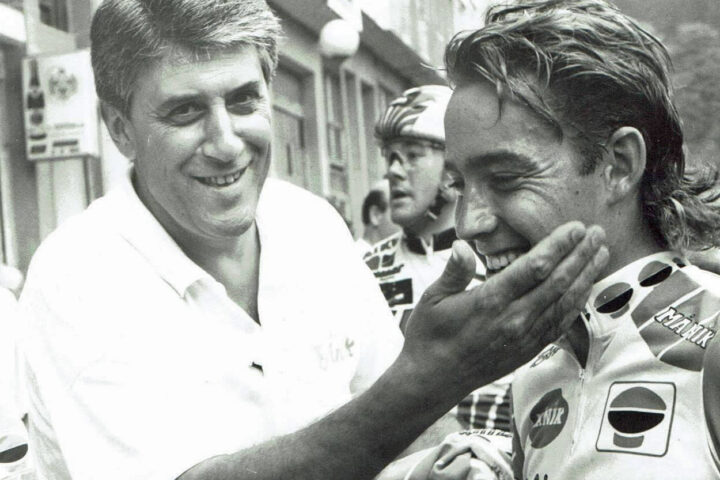
With regard to physiology principles, what has and has not changed since the 1980s? We compare the science, equipment, and analysis software, then and now. Which decade wins? Stay tuned.
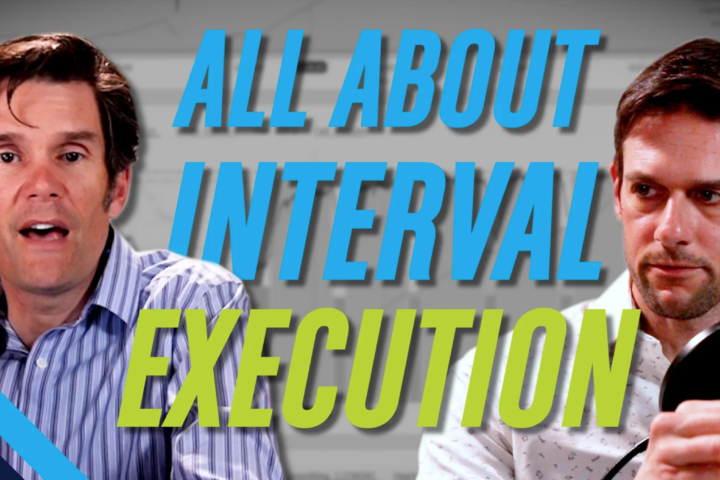
Learn how and why you should select certain intervals, how to integrate them into your training plan, when to do them, and how to properly execute them.
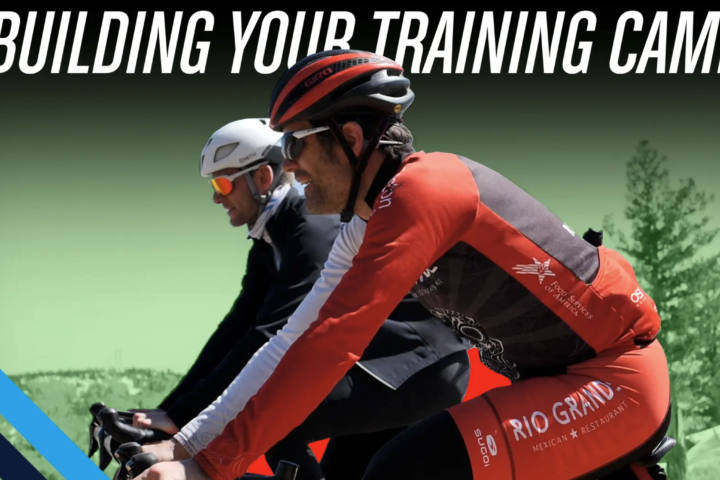
Coaches Ryan Kohler and Trevor Connor discuss tips, tricks, and the underlying principles to help you design a training camp.